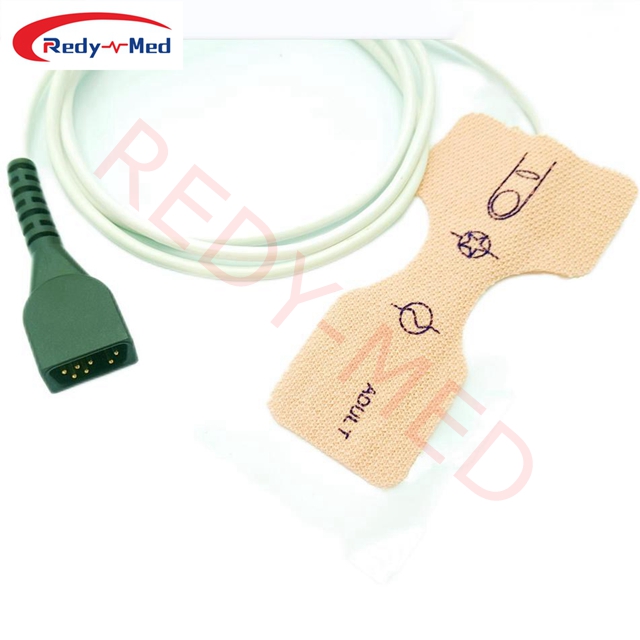
- Home > News > Industry News
The Importance of Quality Assurance in Disposable SpO2 Sensors
2024-05-11 11:38:23
Exploring the Essentiality of Quality Assurance in Disposable SpO2 Sensors
Disposable SpO2 sensors are vital components in monitoring patients' oxygen saturation levels and pulse rates. The accuracy and reliability of these sensors play a critical role in healthcare settings, ensuring accurate diagnoses and effective treatment. Quality assurance is of utmost importance in the production and usage of disposable SpO2 sensors to maintain their performance, minimize risks, and enhance overall patient care.
1. Ensuring Accurate Readings
An essential aspect of quality assurance in disposable SpO2 sensors is the guarantee of accurate readings. These sensors must provide precise measurements of oxygen saturation levels and pulse rates to assist healthcare professionals in making informed decisions regarding patient care. Rigorous testing procedures during the manufacturing process help eliminate potential errors and ensure the sensors' accuracy.
2. Enhancing Patient Safety
Disposable SpO2 sensors directly impact patient safety. By adhering to strict quality assurance protocols, the risk of false readings and incorrect diagnoses is significantly reduced. High-quality sensors minimize the chances of misinterpreting critical data, thus preventing potential harm to patients. Regular quality checks and adherence to industry standards are crucial to enhancing patient safety.
3. Improving Durability and Reliability
Quality assurance measures are crucial in ensuring the durability and reliability of disposable SpO2 sensors. These sensors are often subjected to harsh conditions and repeated use. By maintaining stringent quality control processes, manufacturers can design sensors with robust construction and components that withstand daily wear and tear. Reliability is essential to ensure accurate and consistent readings for continuous patient monitoring.

4. Standardization and Compatibility
Quality assurance plays a pivotal role in standardizing disposable SpO2 sensors and ensuring compatibility across different medical devices and monitoring systems. By following industry standards, manufacturers can produce sensors that seamlessly integrate with various healthcare equipment, facilitating efficient and reliable data transfer. This interoperability enhances overall patient care and streamlines healthcare workflows.
5. Optimizing Cost-Effectiveness
Implementing quality assurance practices in the production of disposable SpO2 sensors helps optimize cost-effectiveness in the long run. By minimizing potential defects and ensuring consistent quality, healthcare facilities can avoid additional expenses related to sensor replacements or misdiagnoses. High-quality sensors that meet stringent standards also contribute to better healthcare outcomes, reducing overall healthcare costs.
Conclusion
Quality assurance in disposable SpO2 sensors is vital to ensure accurate readings, enhance patient safety, improve durability and reliability, standardize compatibility, and optimize cost-effectiveness. By prioritizing quality, manufacturers and healthcare facilities can ensure reliable data, support informed decision-making, and provide better patient care. Maintaining rigorous quality control processes throughout the production and usage of disposable SpO2 sensors is essential to uphold these critical healthcare standards.
Get the latest price? We'll respond as soon as possible(within 12 hours)




